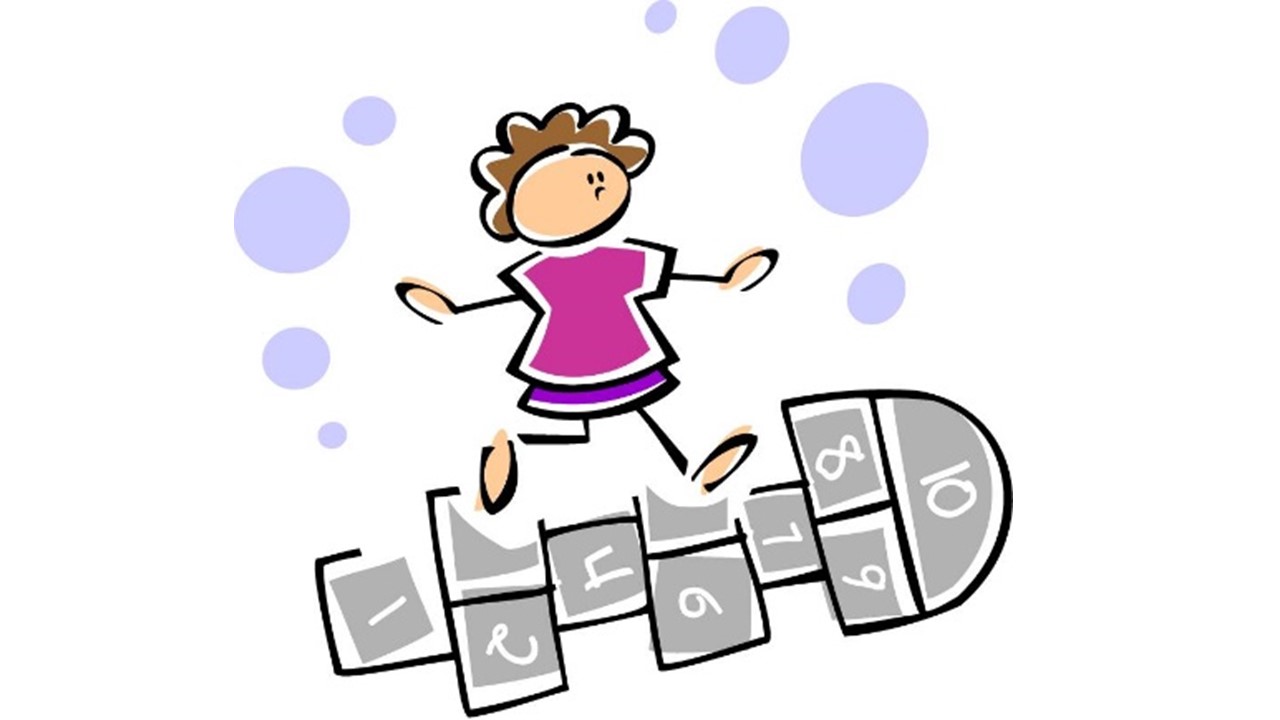Why do Children not respond well to Scolding?
10
MARCH, 2022
by
Prachi Srivastava
According to Oxford dictionary, scolding means “an angry rebuke or reprimand”. When our children don’t meet our expectations we reprimand them in different ways and the most common style is by pasting labels to their ‘Entity’.
We don’t want children to repeat any mistake and ‘always’ be on the right track. Screaming, lecturing & name calling may bring temporary obedience but it causes a lifetime damage where they not only become immune to your anger but they start behaving like the labels you give them.
I was talking to a 15 year old girl, named Sonal (name changed) about proactive and empathic behaviour at home and she confidently mentioned that she does all of that. I was pleasantly surprised that Sonal already was practicing empathy with her parents.

“I know what I have to do when papa is upset. I empathize with him by standing in front of him, wait for his screaming, lecturing & shouting to finish and then I come back to my room and forget everything that he was saying and carry on with what I wish to do. See, it’s simple. When he is upset, let him scream”, said Sonal confidently.
I was curious to know how does she know if what she did was an act of ‘Empathy’, so I asked her “By doing what you did, how did you ensure that you understood your father because you did not even listen to anything he said, neither could you identify his feelings behind his anger and later you even forgot what he did”.
“What is there to understand in this? And why should I understand him when he is screaming at me”
“What is there to understand in this? Every time he sees me watching TV, he gets angry and he starts yelling at me like I am not practicing piano, I don’t study, I will always remain a dumb person…. I am useless…I am this…I am that…. Also, why should I understand him when he is screaming at me” asked Sonal rightfully.
“Why do you think he says what he says and how does that make you feel?, I inquired.
This made Sonal think deeper and she requested for some time before she could respond.
“He might be feeling worried for my future but honestly, I feel rejected by him when he screams at me”, cried Sonal.
Difficult moments are the times when a stronger connection can be formed between a parent and a child
Be it ensuring the child’s regularity with studies or stopping your child from putting up pictures on social media, parents are always ready with negative labelling which has nothing to do with the child’s behaviour that you intend to correct.
Does this sound like a situation you are facing with your child?
Does your child seem to have lost meaning to anything you tell them?
You often question where did you go wrong and why your child disrespects you despite all the love you have for your child?
Parents have their own reasons to justify their actions towards their child who is not meeting parental expectations. Parents get hurt, helpless and frustrated and they discharge that out on the child. They feel that they get pushed by their children to behave in this manner.
To this I can say only one thing which I learnt many years ago – “All feelings are okay, but all behaviour is not okay”!
What should a parent do if not scold the child?
“Connection” should be the first response in virtually any disciplinary situation. It will not only help us deal with the problem at hand, but it will also make our children better people. These difficult moments are the times when a stronger connection can be formed between a parent and a child.
Of course, you love your kids and they also know it because they see you taking them for shopping or hugging them and watching movies together. But what about when tension and conflict arise? When we have incompatible desires and opinions? These moments are the real test. How we respond to our children when we are not happy with their choices – with loving guidance? With irritation and criticism? With fury and a shaming outburst? – will impact the development of our relationship with them and even their own sense of self.
Ignoring a child when they are upset is adding to their suffering. Many parents believe that it is okay for children to cry alone because this will teach them to become tough in life and face life challenges. Responding to and soothing a child does not spoil them– but not responding to and not soothing them creates a child who is insecurely attached and anxious. Spoiling on the other hand, occurs when parents create their child’s world in such a way that the child feels a sense of entitlement about getting their way, about getting what they want and when they want it. As parents, we want them to learn that they will get what they need even if they always can’t get what they want.
Connection may simply mean, acknowledging how they are feeling in that moment. A child’s need to connect is greatest in times of high emotions. It’s important for children to know that you would be on their side even when they fail or make a mistake. You would surely help them rectify the mistake but not by having a feeling of hate towards your children. Your children need to know that you wouldn’t abandon them.
It’s not too late, a connection can be established now also. If you see your child not feeling motivated for studies then take this as an opportunity to understand their challenges. Help them cope with the fear of failure and encourage them by not scaring them about a dark future but enabling them to welcome a brighter future.
One thing that always works with me is “The Timing”. I do not discuss studies when I see my child/student watching TV/playing a video game. I participate in the same activity that my child is involved in, in the moment. This tells my child that I respect their interest and studies are just one of the various activities in their life. Once they have shared what they were focused upon, I then enquire about what is their on my mind. This helps me have my child’s 100% attention and that dialogue is more effective and chances for conflict are very minimal. When my child says that they find studies boring or difficult or they are angry at their books then I don’t judge them. They are being honest! I try to understand the causes for these feelings and give them the few minutes and space to release their frustration. If I can help, I provide strategies. If I don’t have any helpful ideas then I don’t scream at them.
Do you have anything helpful to say to your child which will give them a stronger sense of self?

